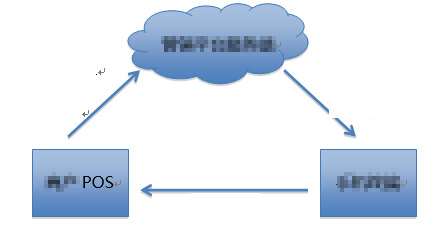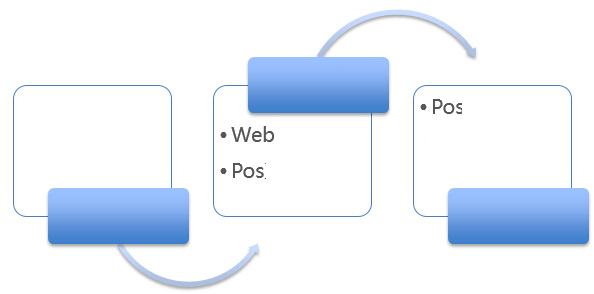Solución integrada de marketing y pago
Hay tantos métodos de marketing en el mercado, todos los cuales cambian constantemente para atraer a los consumidores con precios preferenciales. No hay otros medios, como: nueva experiencia del consumidor. No importa qué tipo de actividades de marketing no son más que dos propósitos: primero, promover que los consumidores compren consumo; segundo, lograr un consumo prepagado. El primero atrae principalmente a los consumidores en forma de descuentos y descuentos, mientras que el segundo utiliza cupones de intercambio con descuento y cupones en efectivo como vales virtuales equivalentes para vender a los consumidores.
En las actividades de marketing tradicionales, la mayoría de ellos utilizan cupones de papel como portador. Para las empresas, además de los costos de impresión necesarios, los cupones de papel también necesitan contratar mano de obra para distribuir en forma de volantes en la calle. Mientras pagan a los pequeños trabajadores, también tienen que asumir el riesgo de que los cupones se tiren a la basura. La mayoría de los transeúntes hacen esto: reciben volantes (cupones) en la calle y los descartan a voluntad sin mirarlos. Si se encuentran con empleados irresponsables, toda la pila de volantes se tirará a la basura.
Los cupones en los que los comerciantes gastan mucho dinero para imprimir solo están disponibles para un pequeño número de personas. Solo las personas que obtienen estos cupones de primera mano pueden usarlos. No se puede circular. Algunos comerciantes harán grandes vallas publicitarias de caja de luz para promover sus promociones. Esto es solo una especie de publicidad punto a punto, y la mayoría de estas actividades de marketing se consideran "inexistentes" para los urbanitas que durante mucho tiempo han estado cansados de la publicidad y los gritos.
Para los consumidores, los cupones en papel no son fáciles de mantener y perder. Tenemos más o menos la experiencia de llevar muchos cupones en nuestras carteras. Recientemente, no tenemos tiempo para gastar, es demasiado desordenado para ponerlo en la billetera y es fácil perderlo en otro lugar. Sacando una pila de cupones, no es fácil encontrar el que desea. Hasta que estos cupones caduquen, el bote de basura es el destino final.
Cuando los consumidores llevan cupones a la tienda para gastar o disfrutar de los servicios. Los métodos de marketing tradicionales implican demasiados componentes manuales en el proceso de pago. El cajero debe calcular manualmente la cantidad de acuerdo con los diferentes cupones y luego pedirle al consumidor que pague. El trabajo estadístico del extracto después del pago también lleva mucho tiempo y es laborioso. Las actividades de marketing tradicionales, marketing y consumo están separadas

El proceso general de la plataforma es el siguiente:

El comerciante primero crea un evento en el fondo del comerciante y define los detalles del evento, como el nombre del evento, el tipo de evento, el precio, etc.
Los consumidores acuden a la tienda para participar en actividades, según el tipo de actividad. Los consumidores están involucrados activamente o impulsados por comerciantes.
El consumidor (que puede ser el mismo consumidor en el Paso 2, u otro consumidor que recibió el cupón enviado por el consumidor en el Paso 2) utiliza el cupón de código QR recibido para realizar compras.
Si los pasos 2 y 3 anteriores se subdividen aún más, como se muestra en la siguiente figura:





